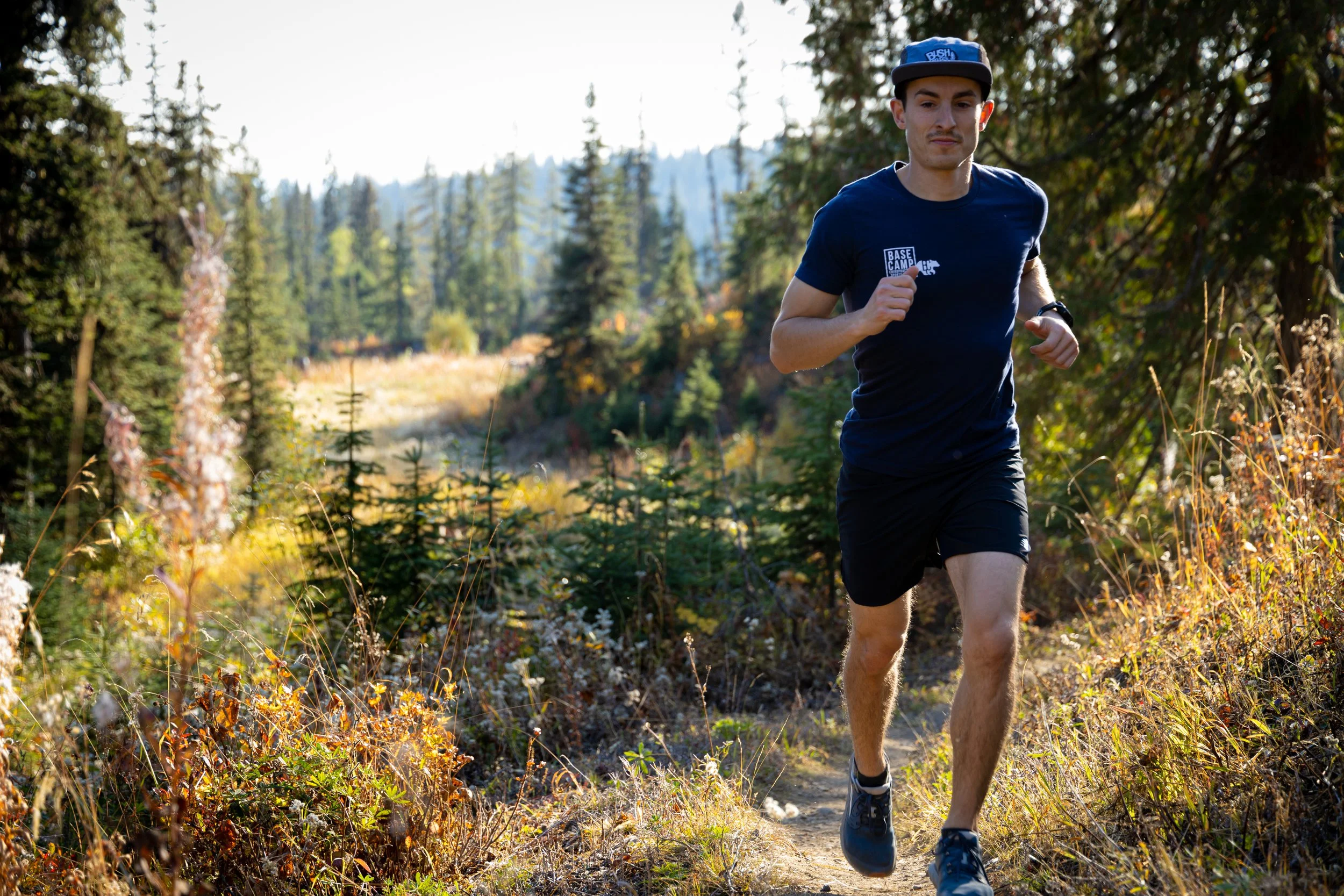How to Run Pain-Free in 2023
5 tips to keep you from being stuck inside because on injuries this year.
1) STRENGTH TRAIN
Strength training has been proven, over and over again, to increase your resilience and decrease your chance of injury. It increases your capacity, while simultaneously making you a faster and more efficient runner.
The easiest way to build a running strength program is to use these exercises in every session:
Calf raise
Deadlift
Squat
If you are new to strength training it can be confusing and intimidating. Join our 12-week Run Strong program for in-person strength coaching specific to runners. Apply for the next group of Run Strong here
2) Listen to your body, and don’t wait until your injury is debilitating to get help
It is way harder to rehab an injury that you have ignored for weeks, months of years. Next time you have a niggle or a hot spot that worries you, get it assessed. We work with a lot of runners. If you are dealing with an injury, book a free consult today. The last thing you want is to be caught in Runners’ Injury Purgatory.
Pain and injury can be incredibly frustrating, and downright depressing.
If you are ready to get out of pain and back to running, we can help.
3) Hydrate
Suprised? Hydration is so important for runners. Being on top of your hydration keeps you fitter and healthier throughout your run, but hydration is about more than that. Being hydrated during your daily life is just as important as hydrating before or during your run.
My recommendation comes from an exercise physiologist named Dr Andy Galpin, who recommends consuming 1 ounce of water for every pound of body weight, divided by 30, every 15 minutes. For example, a 100 lb athlete should consume 3 oz every thirty minutes, while a 150 lb athlete should consume 5 oz and a 200 lb athlete would consume 6.7 oz.
This doesn’t address electrolytes, which is a whole other topic, but in general, make sure you have electrolytes in your hydration if your effort is longer than. 30 minutes. My go-to electrolyte is the LMNT salt packets that you can add to water (available for sale at Base Camp Chiropractic and Sports Rehab)
4) Get enough protein
Protein is literally the building blocks of our body. When we run, we start to break down parts of our body. If we are getting enough protein, we can build those parts of our body back up better than before. But if we are not adequately fueling? Well… you ever tried building a Lego castle without all the pieces? Aim to get 1.6-2 grams of protein for every kilogram of body weight per day, especially on days when you are running. Consider supplementing with a protein shake on your run days.
Protein shakes are a great way to make sure you are meeting your minimums for the day.
5) SLEEP
Sleep is the ultimate performance-enhancing drug. Getting at least 8 hours per night is essential to keep you injury free and make you a better runner. Many active runners should be aiming for 9 hrs of sleep every single night! On top of quantity, quality is also important. Make sure you have a consistent nighttime routine and that you are getting to sleep at the same time every night to maximize your body’s ability to heal and prepare you for the next day.
Try to stay consistent with your bed time too, to maximize your sleep quality.
Author: Dr Mark Murdoch, Chiropractor and Co-Founder at Base Camp Chiropractic and Sports Rehab in Vernon, BC.
Mark Murdoch is a Doctor of Chiropractic with a Master’s Degree in Sports Medicine.
Contact: drmurdoch@basecampclinic.com
Instagram: Base.Camp.Doc
Disclaimer: This blog is intended for general informational purposes only and is not intended for the delivery of medical advice. No doctor/patient relationship is formed. The use of information on this blog or materials linked from this blog is at the user's own risk. The content of this blog and website is not intended to be a substitute for medical advice.




